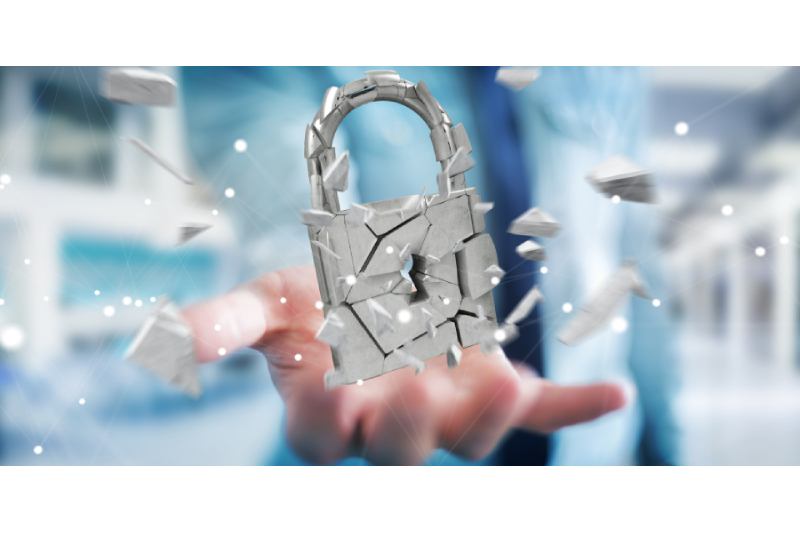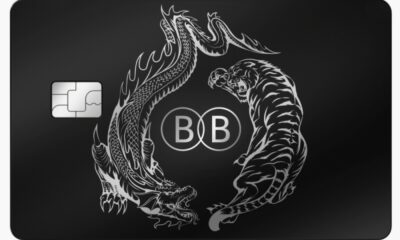Business
Five Indicators Of A Phishing Email

Cybercriminals send an estimated 3.4 billion emails per day that are spoofing emails from reliable senders. In a perfect world, every email you got would be reliable. Regretfully, con artists are constantly bombarding you with phishing emails in the real world in an attempt to steal your name and money.
1. The Wording is Frantic and Alarmist
You can receive a warning that if you don’t reply right away, something terrible will happen (such you’ll be charged or lose access to a crucial account) or you’ll pass on a fantastic deal or prize. The con artists hope that by giving the impression that there isn’t much time left to correct a mistake or claim a prize, you won’t second-guess your actions.
2. The Message Is Unclear or of Low Quality
Reputable businesses would never begin an email with a salutation as bland as “Hello.” In a similar vein, typographical errors and poor grammar should raise red flags. Spelling and grammar errors in an email are a dead giveaway that the sender is not using Grammarly or Word’s spellcheck; since it is highly unlikely that legitimate businesses would not proofread official correspondence, repeated or glaring errors should always alert you to the possibility that something is wrong.
3. It Is Odd That The Sender Address or Domain Name
The email address should match the corporate name (e.g., @paypal.com) if the message appears to be from a reputable corporation (e.g., Paypal). Reputable businesses will never interact with you via an email address like Gmail (@gmail.com).
If the spelling of the domain name is incorrect, this should be immediately concerning. A scammer may have created a copycat address that slightly varies from the genuine company name in the hope that you won’t check too closely.
4. Most frequently, scammers target one of the following:
- Your SSN
- Your bank account information
- The numbers on your cards
- Your details for communication
Give this information elsewhere online if you are unsure. If the sender asks for your bank details before sending you money, you should be wary of their intentions.
5. There Are Unknown Links or Attachments In The Email
If an attachment has an odd file name or extension, don’t open it. Selecting “.exe” will launch a software application on your device, while selecting “.zip” will unzip files onto your computer.
These attachments may include malware or computer viruses, and dubious links may lead to phony online portals. Reputable businesses are more willing to supply additional papers via platforms like Dropbox.
Additionally, you should be wary of ambiguous and unexpected emails that seem to be from reputable businesses, law enforcement, your bank, or the government, as well as any that make extravagant claims like free trips or expensive goods.
-

 Business1 week ago
Business1 week agoCorporate Social Responsibility in Action: Amerilodge’s Support of Health and Education Causes
-

 Tech2 weeks ago
Tech2 weeks agoAdobe Releases New AI-powered Video Editing Tools for Premiere and After Effects with Significant Motion Design Updates
-

 Business3 weeks ago
Business3 weeks agoSpartan Capital Publishes 2026 Economic Outlook, Highlighting Volatility, Resilience, and Emerging Opportunities
-

 Startup4 weeks ago
Startup4 weeks agoCraig Bonn’s Guide for Spotting a Winning Pre-IPO Early
-

 Tech3 weeks ago
Tech3 weeks agoGoogle Introduces New Updates to Its Veo AI Video Generation Tool
-

 Health3 weeks ago
Health3 weeks agoFinally, an Ayurvedic Sunscreen Parents Have Been Waiting For; ShuShu Babies Gentle Sun-Care Solution for Children
-

 Business3 weeks ago
Business3 weeks agoHow Black Banx Will Power the Next Era of Financial Inclusion
-

 Real Estate4 weeks ago
Real Estate4 weeks agoCayuga Capital on Strategic Tenanting: The Key to Unlocking Property Value






















